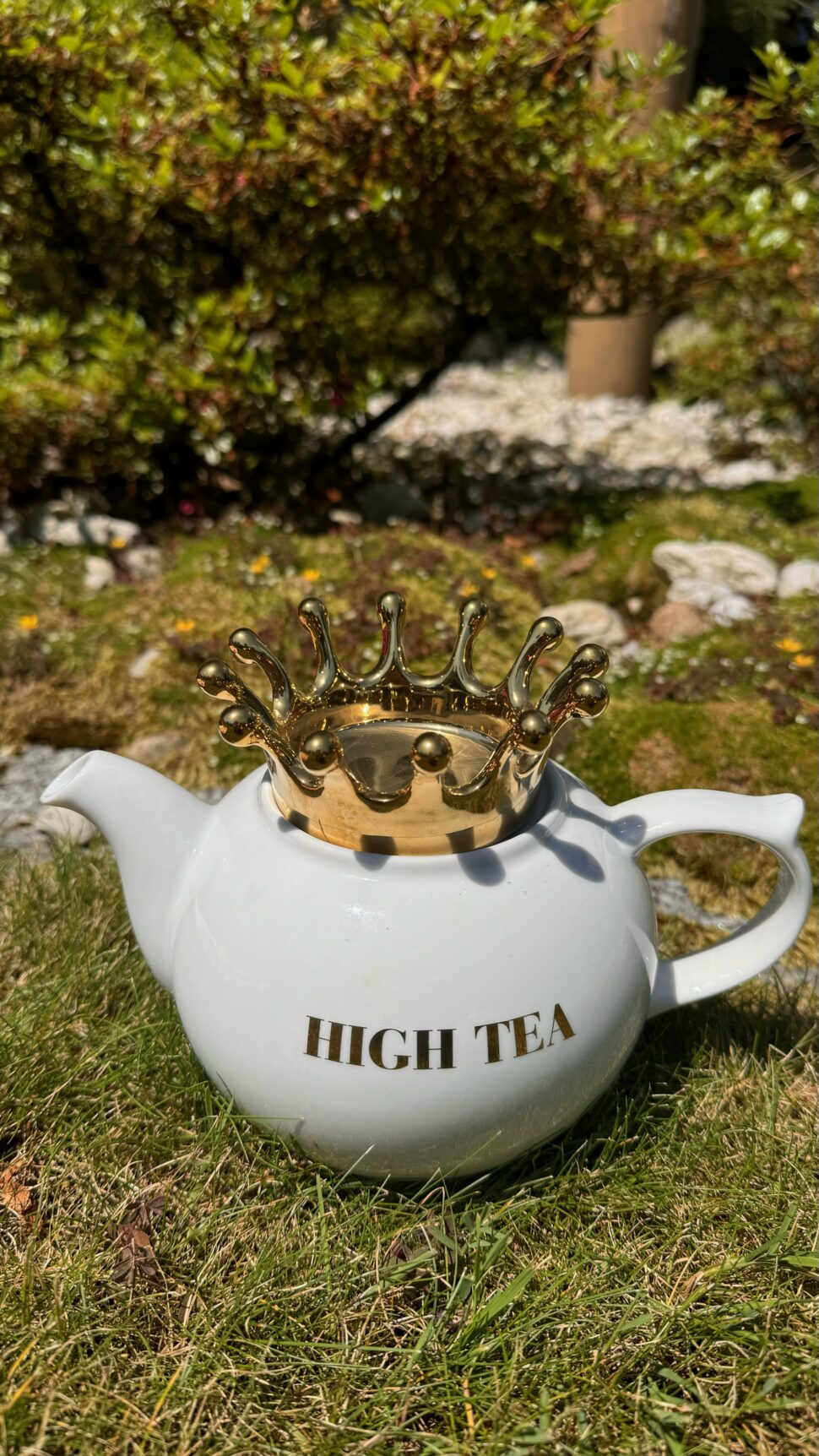lifestyle
Boston Tea Party

We have already written about the impact of tea on the U.S. in the text entitled: “Tea created the USA.” Recently (21 July 2015), a translation of a text from the blog www.unpopulartruth.com on the Boston incident appeared on the Polish Internet. The material was carefully translated and published at http://libertarianin.org/mit-bostonskiej-herbatki/ under the title “The Myth of the Boston Tea Party.”
The text goes into great detail about the relations of the East India Company, its being favoured by England and the resulting resentment of the colonisers. As a result, everything ended as we know from history: “On the cold evening of 16 December 1773, a crowd of several thousand onlookers gathered and cheered about 60 people dressed as Indians of the Mohawk tribe. The spirit of freedom was evident in the group of patriots from the Boston’s South Meeting House as they made their way to Griffin’s wharf to the aforementioned three ships. They quickly, quietly and systematically got on board each of them, then set about destroying the tea chests with axes.”
The author of the blog posits that “The Boston Tea Party was not a protest against high taxes – more than a dozen reasons contributed to its outbreak. Above all, it was a demonstration against monopolies and a show of resistance by the Colonies to the Crown’s interference in the American economy.”
And all because “In England, the Parliament gave the East India Company something that led to a monopoly on imports in 1698. When tea became popular in America, the parliament tried to eliminate foreign competition by introducing a law in 1721 requiring colonists to import tea only from Great Britain. However, many Americans were still buying cheaper, smuggled Dutch tea.”
The author concludes the argument: “The Boston Tea Party was similar to today’s anti-globalisation protests. It was reminiscent in many ways of the protests against multinational corporations and small-town attempts to protect themselves from chain stores and agricultural corporations that are gaining momentum in our time. With a few exceptions, the tea party participants saw themselves as protesting against the actions of the international East India Company and the government ‘unfairly’ representing the people which served the Company instead of supporting its citizens.”
We recommend that you read it – the text is certainly interesting, detailed and… how timely.


